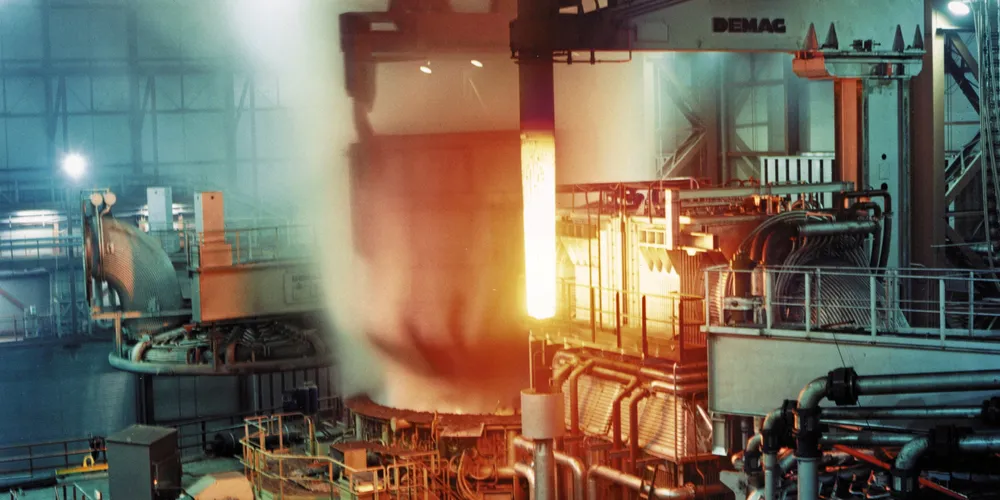RWE and ArcelorMittal weigh green steel production from gigascale wind-to-hydrogen
Partners plan massive build-out of green H2 projects for steel mills powered by North Sea wind, but raise red flag on Germany’s 'negative bidding' push

Germany’s RWE and industrial giant ArcelorMittal have pledged to build offshore wind farms linked to hydrogen facilities to support decarbonised steel production, in a move that could advance a new collaborative approach designed to accelerate commercialisation of the green steel value chain.
The two firms intend to build a 70MW green hydrogen pilot project by 2026, with plans to expand to gigawatt scale if public funding is available, according to a memorandum of understanding signed by both. RWE and ArcelorMittal are now actively searching for sites to locate electrolysers to supply the steelmaker’s production facilities in Bremen in northern Germany and Eisenhüttenstadt on the Polish border.
Significantly, the pair are also exploring options to jointly bid for offshore wind farm sites in the North Sea, with a view to building and operating wind farms to supply power to ArcelorMittal’s industrial sites and support green hydrogen production for use in steelmaking. Both the power and hydrogen would be secured via long-term purchase agreements.
“Competitive electricity prices are absolutely necessary, if energy intensive industries such as the steel industry, which operates in a competitive global environment, are to have a future in Germany,” the two companies said in a joint statement.
There is also an opportunity for RWE to decarbonise its own supply chain by using ArcelorMittal’s low-emissions steel in its renewable electricity plants, supporting its ambition to go climate neutral by 2040.
(Copyright)